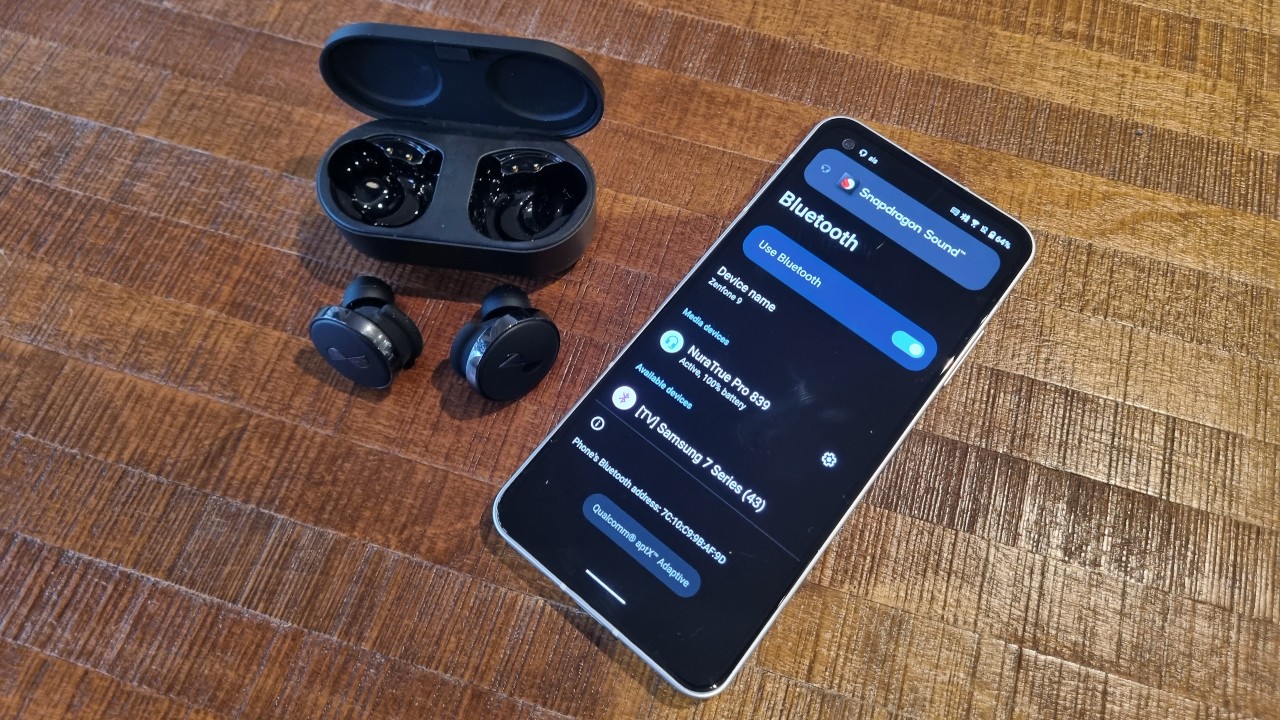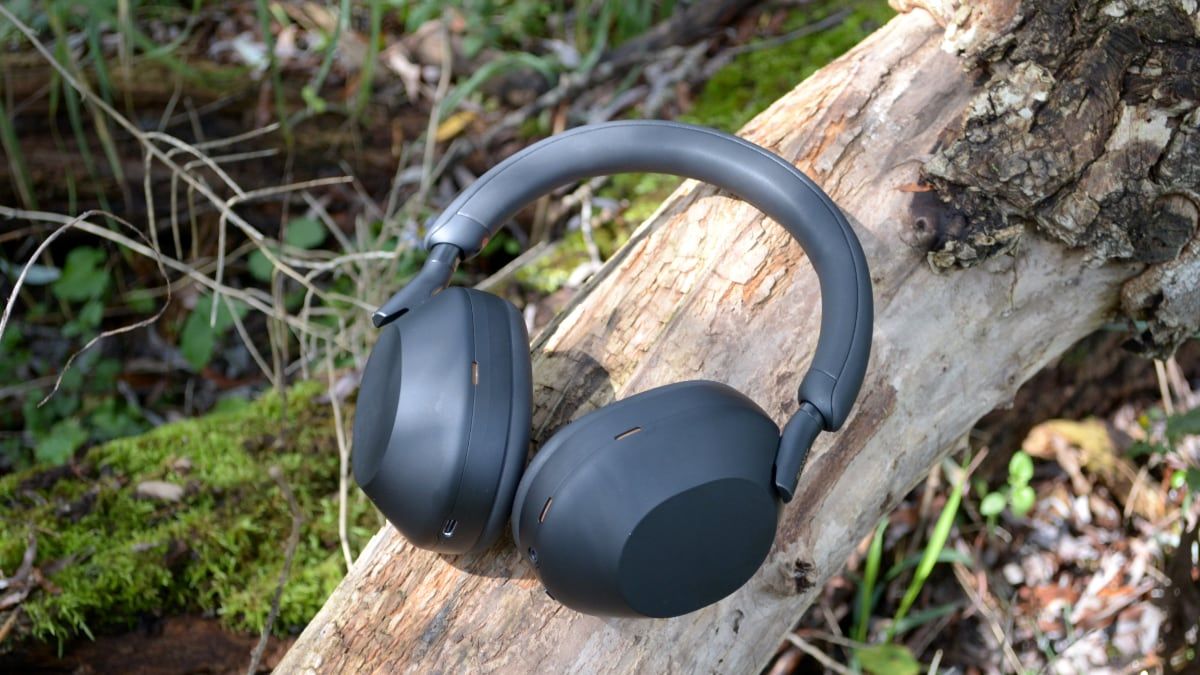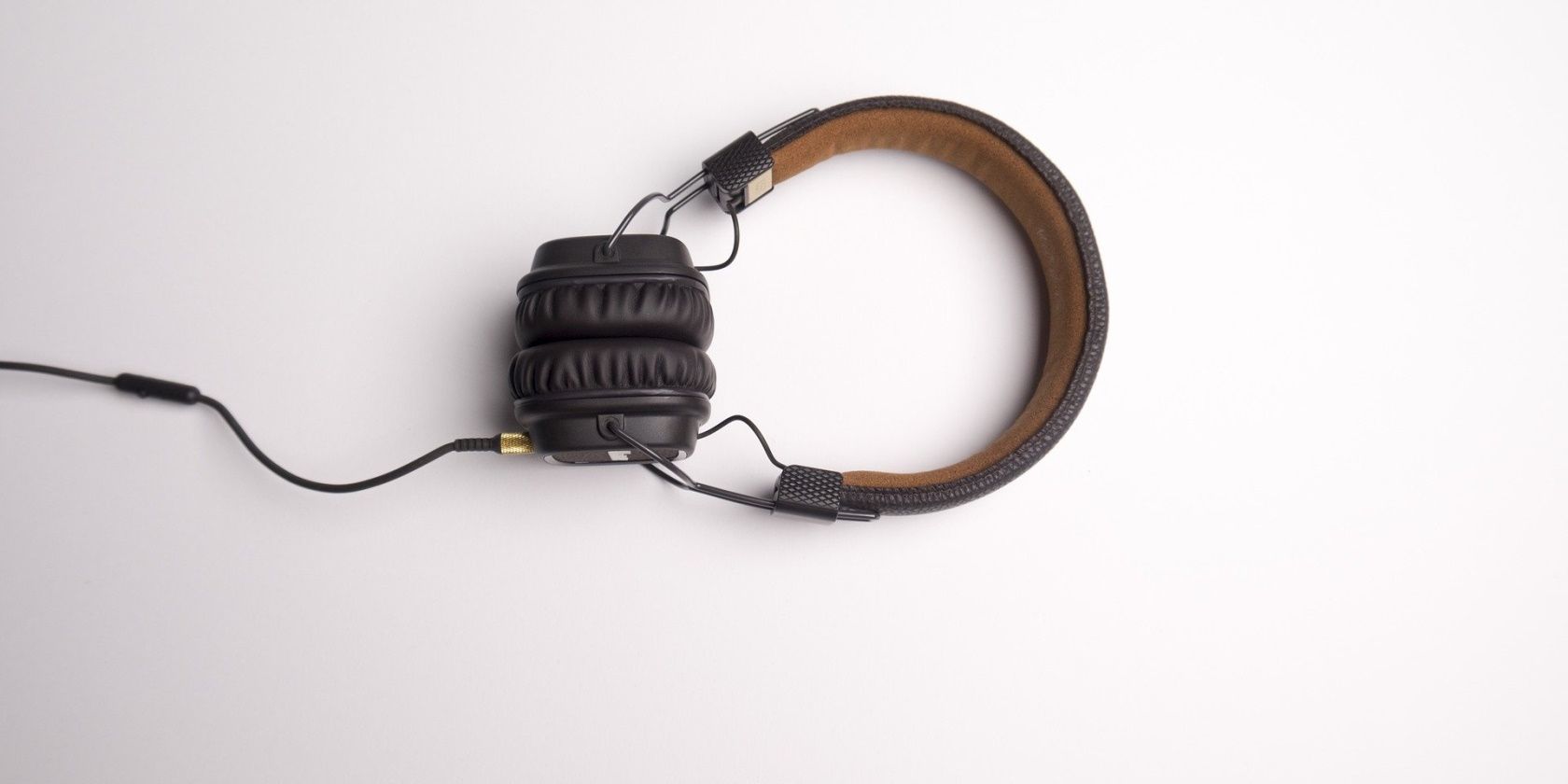Lossless vs. Hi-Res Audio: What's the Difference?
Lossless isn't necessarily HRA and vice versa
And which one is more important if you're looking for the best listening experience?

www.howtogeek.com
When listening to music these days, the quality is often high. But do you really know what kind of audio you're listening to?

www.makeuseof.com
Spread the loveMusic has always been an integral part of our lives, and with the advancements in technology over the years, we have seen music evolve into something much more than just a source of entertainment. With the rise of digital music, we have also witnessed the rise of new audio...

www.thetechedvocate.org
Lossless Audio: What is it?
In simple terms, Lossless Audio (FLAC, ALAC) refers to an audio file format that can store the original quality of the audio without any loss. When an audio file is compressed, the file size is reduced, but there is a compromise in the sound quality. Lossless Audio, however, compresses the file size while retaining the audio quality. This makes it an ideal format for audiophiles who want to enjoy high-quality music without taking up too much storage space.
High-Res Audio: What is it?
High-Res Audio (DSD, MQA, FLAC, ALAC) is an audio format that provides higher quality audio than traditional CD-quality audio. It offers a much higher bitrate and sampling frequency than standard audio, which means it can capture more sounds, giving a more comprehensive and enjoyable listening experience. Additionally, it can capture a wider frequency range, which reproduces sounds that fall outside of the audible range.
So, what’s the difference between Lossless Audio and High-Res Audio?
While both Lossless Audio and High-Res Audio formats strive to provide the best audio quality, they completely differ in their approach. Lossless Audio achieves its high fidelity by compressing the file size while maintaining the audio quality. On the other hand, High-Res Audio increases the bitrate and sampling frequency to capture every little detail in the audio, making the music sound more realistic.
Another significant difference between these two formats is the playback device. Lossless audio files are compatible with almost all audio devices, including smartphones, laptops, and home audio systems. High-Res Audio files, on the other hand, require special equipment to play at their best quality, such as dedicated high-res audio players, high-end smartphones, and high-quality headphones.
Which one should you choose?
Choosing between Lossless Audio and High-Res Audio comes down to several factors such as storage space, audio quality, and playback equipment. While Lossless Audio offers a high-quality audio experience that is compatible with almost all devices, High-Res Audio provides more detail and realism in the music. However, keep in mind that High-Res Audio files will require more storage space and the right equipment to enjoy the best possible audio quality.
In conclusion, whether you choose Lossless Audio or High-Res Audio, it all comes down to personal preference. If you prioritize compatibility and ease of use, go for Lossless Audio. But if you are an audiophile looking for the most realistic and detailed audio experience, then High-Res Audio is the way to go.







